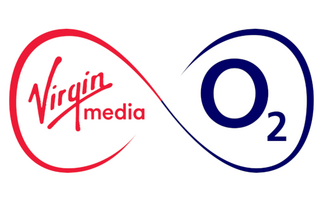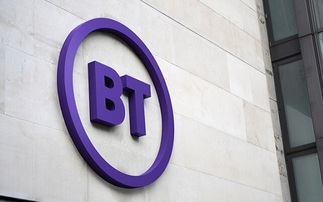Another two million homes and businesses connected to internet with speeds of at least 24Mbps and government claims it will focus on final five per cent of UK
The government has claimed that four out of five UK properties can now access superfast speeds, after an additional two million UK homes and businesses were connected to a faster internet connectio...
To continue reading this article...
Join Computing
- Unlimited access to real-time news, analysis and opinion from the technology industry
- Receive important and breaking news in our daily newsletter
- Be the first to hear about our events and awards programmes
- Join live member only interviews with IT leaders at the ‘IT Lounge’; your chance to ask your burning tech questions and have them answered
- Access to the Computing Delta hub providing market intelligence and research
- Receive our members-only newsletter with exclusive opinion pieces from senior IT Leaders






















